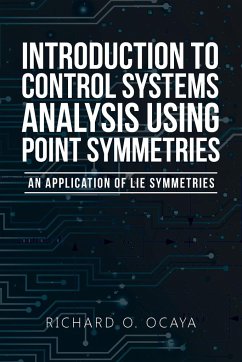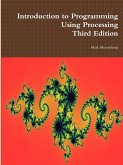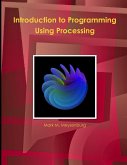Robustness analysis of nonlinear systems is, at present, the subject of intense study. Though largely open at present, questions of system robustness must be addressed as system complexity and nonlinearity grow. In attempting to answer some of these questions and suggest new directions, much research is focused on affine dynamic control systems. The first part of this book presents the one-parameter transformation Lie groups to model nonlinear systems that can lead to a clearer understanding of system performance by producing a more detailed uncertainty model. The approach assumes the case of the generalized nonlinear multi-input multi-output (MIMO) feedback system that can be reduced as required to single-input single-output (SISO). It begins by presenting Lie symmetries simply from the engineering rather than the traditional, highly abstract mathematics perspective. This approach is potentially unifying. The second part derives an uncertainty model of a practical highly nonlinear system, showing that the uncertainty model reduces the system dynamics to a differential inclusion problem, allowing Lie group analysis of affine symmetries with additive perturbations and permitting computer simulations. Several examples are included to validate the approach for a practical illustration. The book is directed at graduate students and researchers in the field of control.








